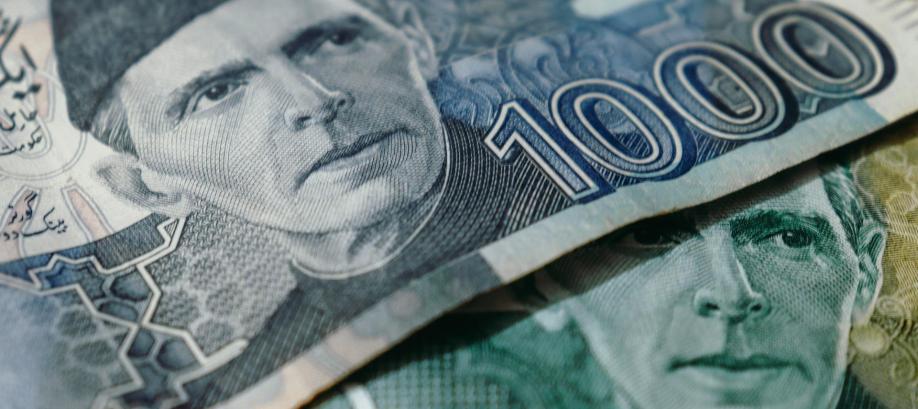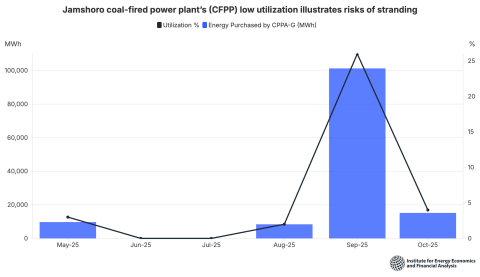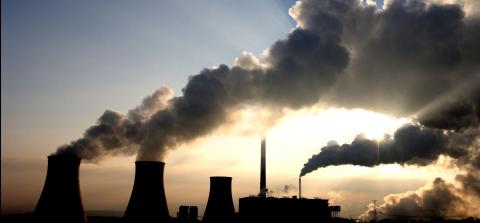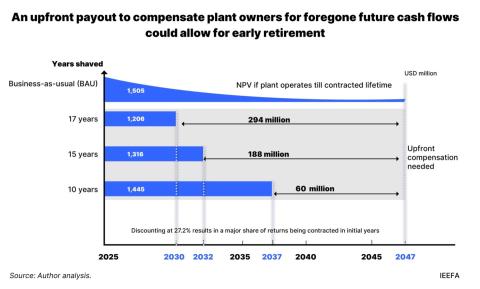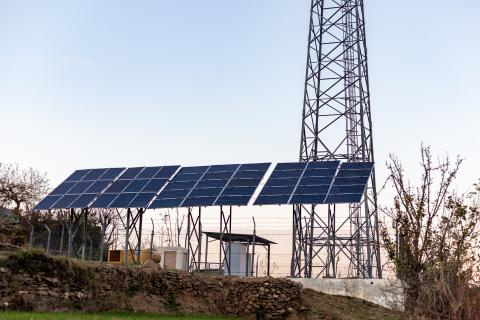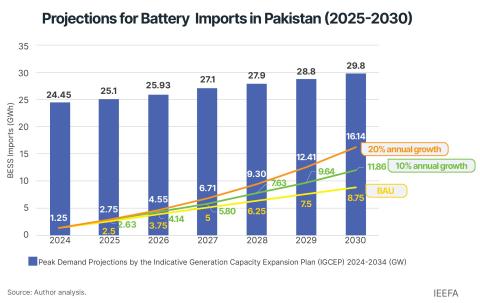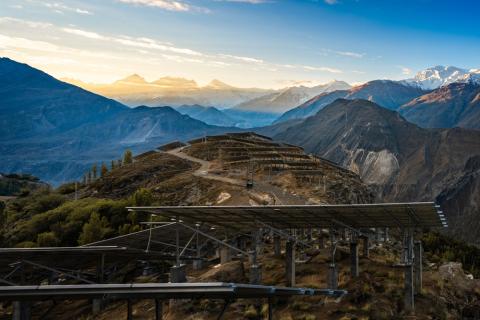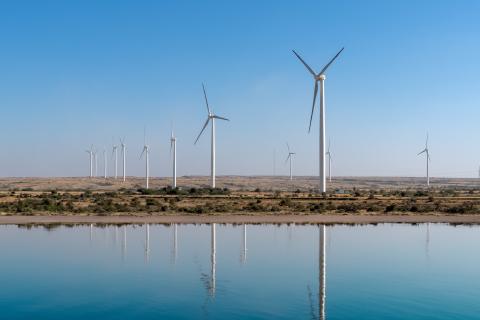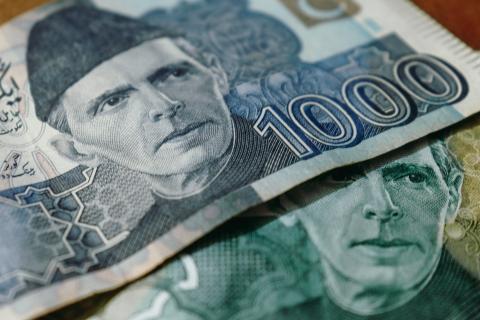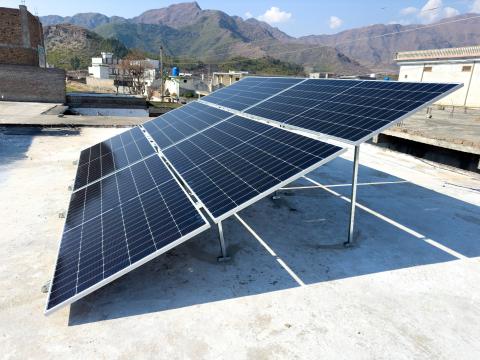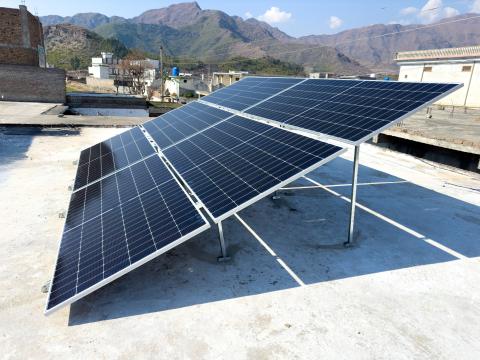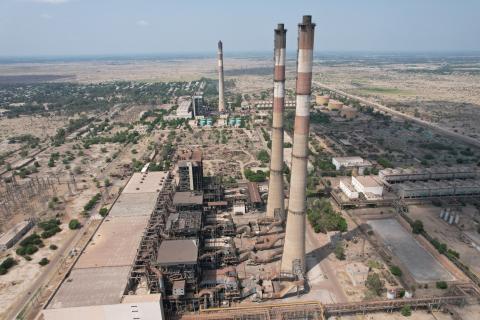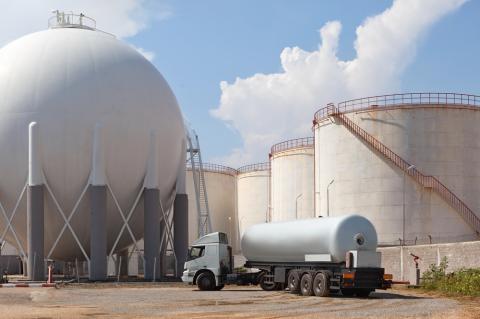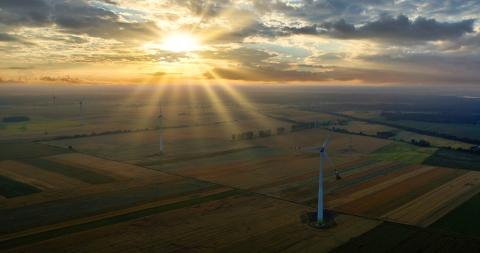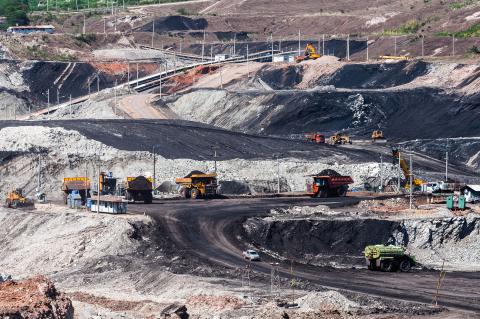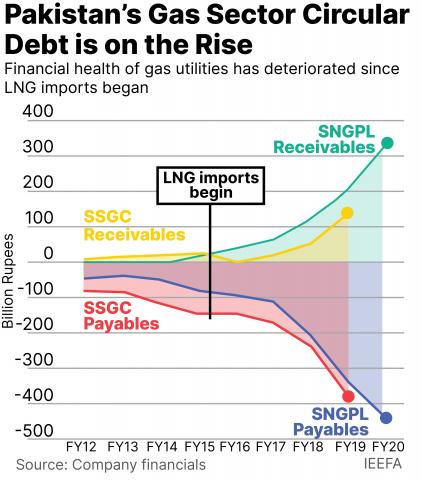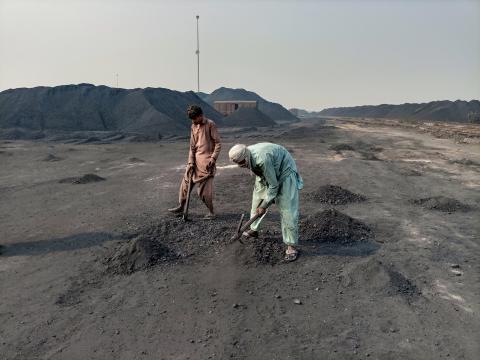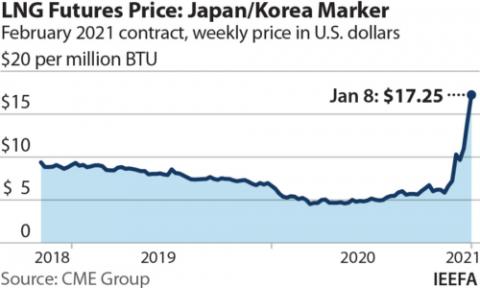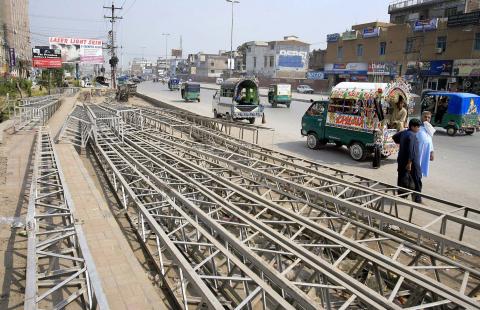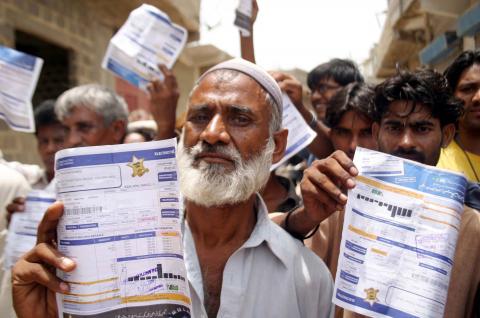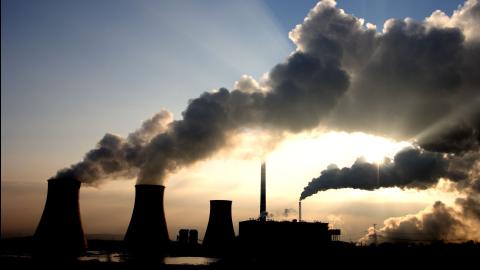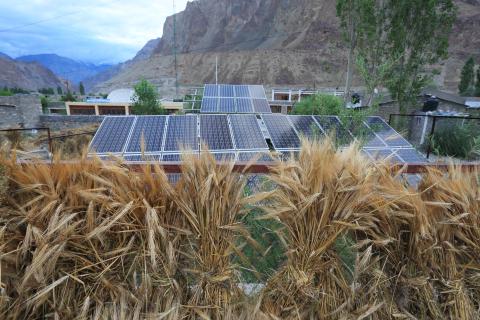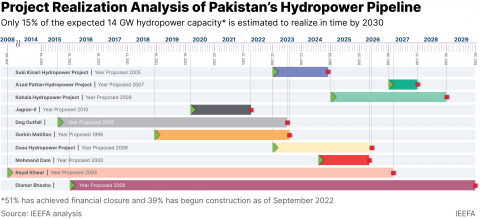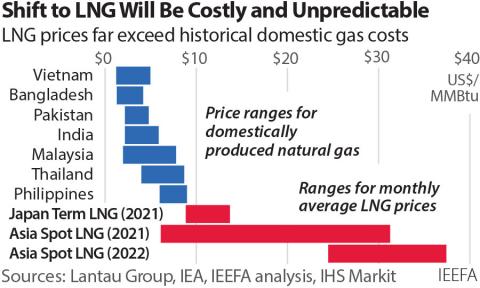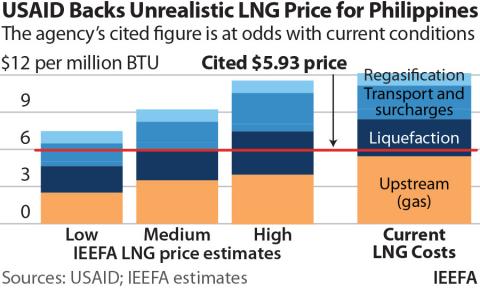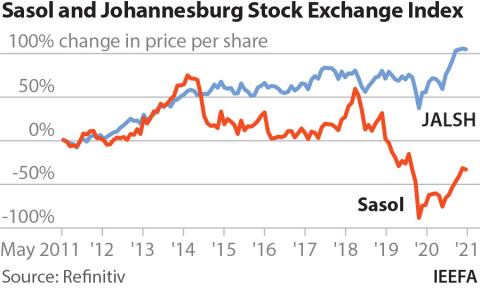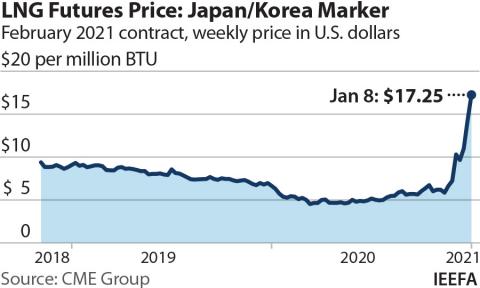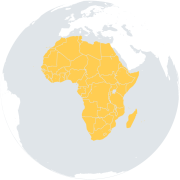Pakistan
For the world's fifth most populous country, energy sector issues have been plenty and persistent. Inefficient pricing and regulation have led to a lasting buildup of 'circular debt' within the country's power and gas sector. Unbudgeted subsidies, theft, and high transmission and distribution losses continue to weaken the financial position of energy utilities, leading to a rising balance of payment crises.
Although the country has tried to shake off its entrenched dependence on imported furnace oil for costly and polluting power generation, this has led to an unsustainable reliance on other fossil fuels such as imported LNG and coal.
However, this continued dependence on fossil fuels has done little to alleviate the country's energy woes, as global LNG and Coal markets spiral out of control amidst geo-political conflicts and tightening fuel supplies. Pakistan faces a tough road ahead as defaults by long-term LNG suppliers become a norm and sky-high spot prices force the country to forgo cargoes. Meanwhile, the cost competitiveness of variable renewable energy has become unquestionable, yet scalability continues to be an issue due to regulatory and financial barriers.
Optimizing Pakistan's economy by renegotiating power purchase agreements
As capacity payments in Pakistan reached a staggering PKR2.1 trillion in 2024, exacerbated by reduced industrial output and shrinking grid demand, the government was forced to renegotiate power purchase agreements with Independent Power Producers.
